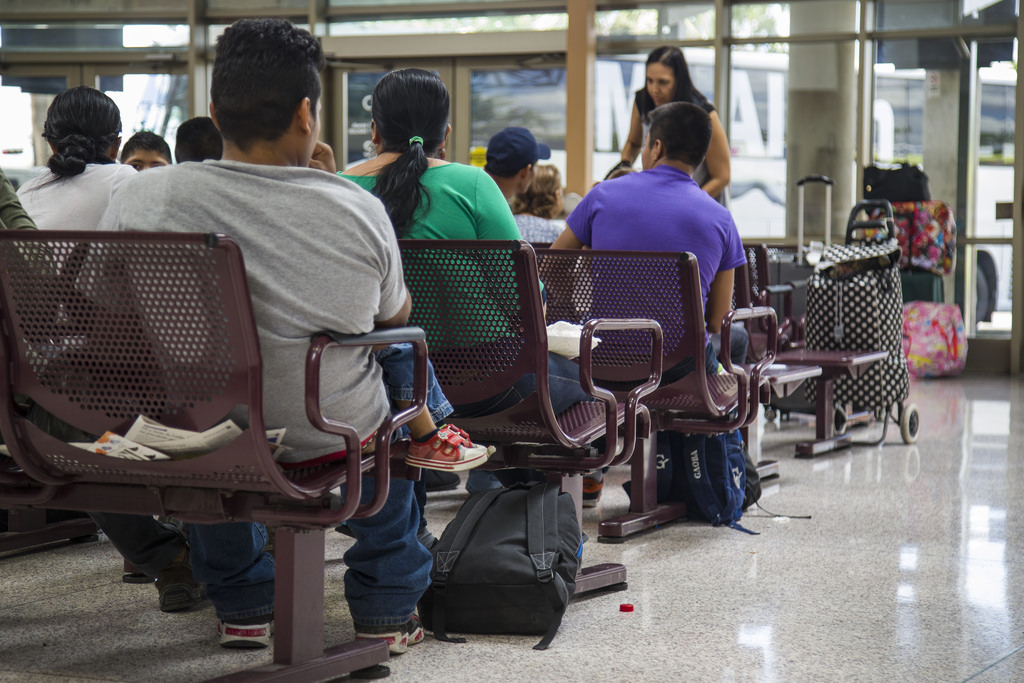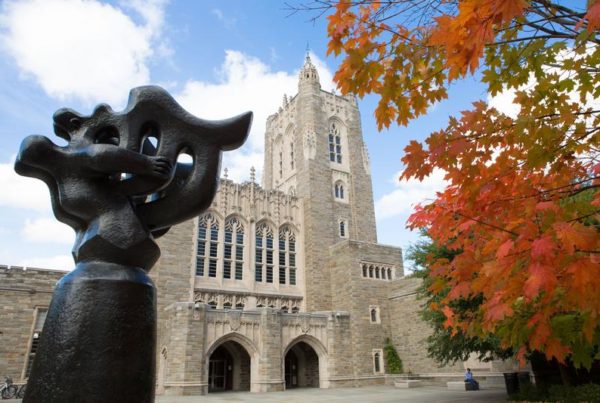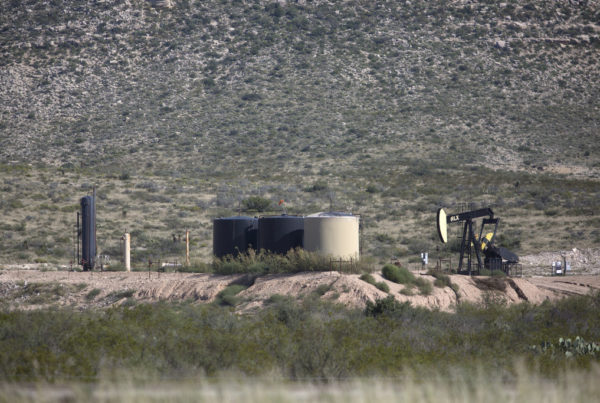On Tuesday, it will be one month since the start of what is already the longest government shutdown in U.S. history, albeit a partial one. It’s certainly taking its toll on federal employees having to work without pay, including those here in Texas.
Brian Kirkpatrick of Texas Public Radio in San Antonio, Richard Pineda of the Sam Donaldson Center for Communication Studies at the University of Texas El Paso and Kevin Diaz of the Houston Chronicle’s Washington bureau are all exploring the shutdown’s effect in the Lone Star State, and they say that it’s having ripple effects beyond just government workers.
Diaz on President Donald Trump’s recent proposal to end the government shutdown:
He’s extended the conversation to the Dreamer debate. He’s offering a three-year extension. … He’s also brought in the people who are protected by Temporary Protected Status from various countries – refugees from various natural disasters. These are things that have long been on the wish list of the political left and Democrats in Congress … but he’s been turned down flat.
Pineda on the position of Trump and Democrats at this point in the shutdown:
The president has painted himself into a rhetorical corner. … His very outward attempt to claim responsibility for the shutdown and to use that as the initial threat, I think, has backfired. I think going into this second month, the question is whether the Democrats have the ability to be able to pivot on that position. … I think the Democrats have a very narrow window in which they can negotiate and push back.
Kirkpatrick on San Antonio’s airport during the shutdown:
The airport has been operating just fine; the TSA has been showing up for work and not calling in sick … and some members of the public passing through have even brought through gift baskets and small gifts.
Kirkpatrick on the shutdown’s effect on Joint Base San Antonio:
As far as any Department of Defense jobs … that [money] has already been appropriated, so there’s no problem there. Although the matter is a little bit different with the Coast Guard; as far as, if you have a Department of Defense paycheck, you’re getting paid still.
Pineda on the shutdown’s effect on Border Patrol and immigration:
It looks like, at this point, the Border Patrol and the customs inspectors are maintaining their posts, and they’re there. I will say, ironically, the one issue that this is rolling back on is immigration courts. And so, the president, from the very beginning, has talked about speeding up the deportation process, but as the partial shutdown has gone on, that backlog has started to increase.
Diaz on whether Texans on Capitol Hill can help end the shutdown:
I would not say that they’re showing any signs of feeling the squeeze. … I think both sides are playing their partisan roles and hanging tough. That’s part of this whole game here in Washington; you don’t want to show weakness, you don’t want to show that you’re feeling the pressure. The Democrats are spending a lot more of their messaging time focused on the pain and suffering of the furloughed government workers.
Diaz on the risks Democrats face as the shutdown continues:
Certainly we’ve seen the risks for the Trump position; I think the Democrats face some risks, too. … The Democrats are gonna start to feel a little more pressure to do or say something that looks like they’re engaged, that they’re willing to move … [but] if they do move, they’re moving off of a position that is, “We don’t negotiate while the government is shut down.”
Pineda on the shutdown’s effect on the U.S. economy:
That does have an effect on inspections and the movement of freight into El Paso – one of the largest trade corridors in the United States. That’s gonna have catastrophic effects not only for El Paso and Texas, but for the rest of the country because you’re talking about an effect on logistics, you’re talking about an effect on movement of material that needs to be processed and you’re talking about finished goods. … It may not seem like a lot, but even delays that we experience on the border have rollover effect.















